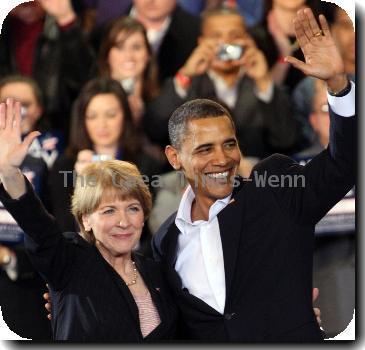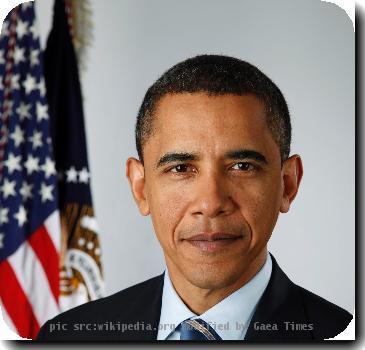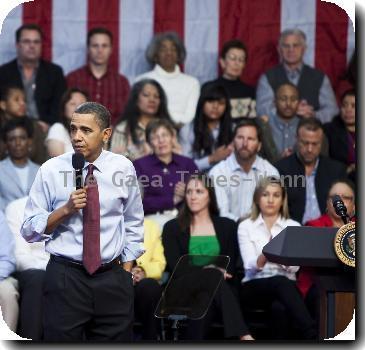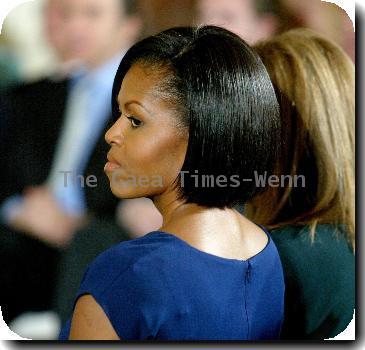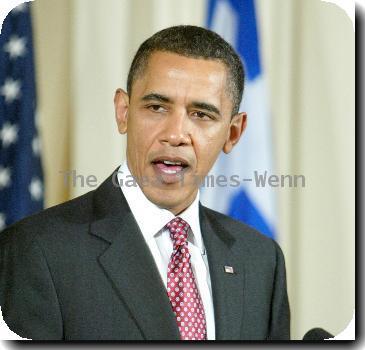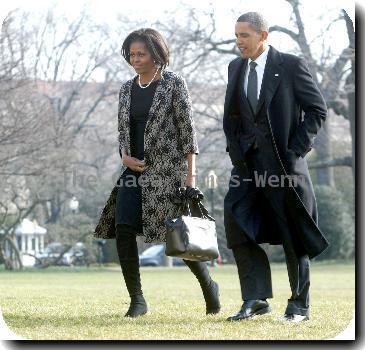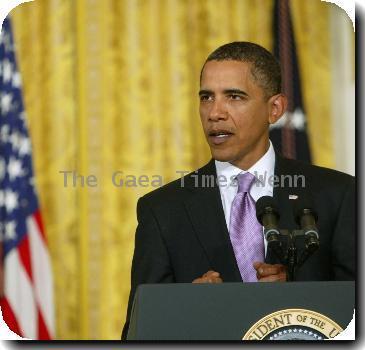Nat’l memorial for Polish plane crash victims; ash causes some to miss Sunday’s state funeral
By Monika Scislowska, APSaturday, April 17, 2010
Poland holds public memorial for crash victims
WARSAW, Poland — Some 100,000 Poles filled Warsaw’s biggest public square Saturday, joining together for a memorial and funeral Mass for the 96 people killed in a plane crash a week earlier.
The thickening cloud of volcanic ash over Europe caused some world leaders — including President Barack Obama, German Chancellor Angela Merkel, French President Nicolas Sarkozy and Canadian Prime Minister Stephen Harper — to cancel plans to attend Sunday’s state funeral. Still, some European leaders said they would drive to Krakow.
Obama “waited as long as possible before he made the decision because he wanted to come,” said Lee Feinstein, U.S. Ambassador to Poland. “But it was impossible for him to travel.”
The crowd in Warsaw’s Pilsudski Square waved white-and-red Polish flags with black ribbons of mourning affixed to them. A massive white stage, a large cross in the center, was flanked by oversized photos of the dead, including President Lech Kaczynski.
The names of the dead were read aloud, starting with the president and his wife, Maria, while Marta, their only child, and Jaroslaw Kaczynski, the president’s twin brother and former prime minister, looked on. Others at the service included former President Lech Walesa, Prime Minister Donald Tusk and acting president Bronislaw Komorowski.
“Our world went crashing down for the second time at the same place,” Komorowski said of the crash near Russia’s Katyn forest, site of a World War II massacre of Polish officers.
Tusk called the crash a calamitous event that was “the greatest tragedy in Poland since the war.” The crash claimed the lives of a swath of Poland’s elite, including numerous lawmakers, the central bank governor, the commanders of the country’s armed forces and the head of its Olympic committee, among others.
The coffins bearing Kaczynski and his wife were taken to a Gothic cathedral in Warsaw for an evening Mass, carried on artillery caissons pulled by army Humvees escorted by Polish soldiers on foot and horse-riding cavalry behind them.
After the Mass, their bodies will remain in the cathedral and then flown early Sunday to Krakow aboard a military transport for the state funeral, said Presidential Palace spokesman Jacek Sasin.
The bodies of the first couple had lain in state in the Presidential Palace since Tuesday.
“During those few days when the palace was open, some 180,000 people came through the palace” to pay their respects, he said. Some people waited as long as 14 hours in line.
Among the mourners Saturday was Teresa Winkler, 76, who came to honor a president “who took care of the people forgotten by society,” such as aging World War II soldiers and forgotten Solidarity activists.
“He was a real patriot and a real Pole,” Winkler said. “I am afraid it will be hard to find another president like Kaczynski.”
Nearby was a group of Chechen refugees who said they were there to honor the first lady for her charity work and efforts to help them.
Members of Solidarity, the freedom movement that Kaczynski supported and that still exists as a labor union, waved their banners.
A state funeral for the president and his wife is set for Sunday, but some world leaders canceled their plans to go, citing the volcanic ash cloud hanging over Europe, leaving many airports closed.
Swedish King Carl XVI Gustaf and Foreign Minister Carl Bildt canceled their trip to Krakow, as did Finnish President Tarja Halonen. They cited ongoing flight restrictions.
Spanish Prime Minister Jose Luis Rodriguez Zapatero along with King Juan Carlos I and Queen Sophia also canceled their trip. Merkel canceled hers after her return from a U.S. visit was complicated by flight restrictions; she was still driving homeward from Rome on Saturday.
Other delegations from Egypt, Macedonia, India, Japan, South Korea, Mexico, New Zealand and Pakistan also canceled plans to attend.
Czech President Vaclav Klaus, Slovak President Ivan Gasparovic, Slovenian President Danilo Turk, Ukraine President Viktor Yanukovych, Latvian President Valdis Zatlers and Estonian President Toomas Hendrik Ilves planned to travel by car.
Last Saturday’s crash of the Tupolev 154 — which investigators have said was likely because of human error — plunged Poland into a deep grief not seen since the death of Pope John Paul II five years ago.
The city operated buses, subways and trams for free and closed many streets to cars. The government banned the sale of alcohol until Saturday night.
“What happened was a great shock for us; we are here today, though we didn’t like many of the things that those who died represented,” said Maciej Gajewski, a 40-year-old engineer who brought his wife and three children.
“But we are sorry for them. I feel like a Pole here, I feel united with my compatriots in this difficult situation,” he said.
On Sunday, a tradition-laden funeral will be held for Kaczynski and his wife, whose plane went down in heavy fog after clipping a birch tree on approach to Smolensk, Russia.
All airports in Poland remained closed Saturday to flights above the cloud level of 6,000 meters (20,000 feet) because of the ash cloud, including Balice in Krakow where most of the dignitaries were to have arrived Sunday morning, said Grzegorz Hlebowicz, spokesman for Poland’s aviation authorities.
Sunday’s state funeral in mostly Roman Catholic Poland will begin at 2 p.m. (1200 GMT; 8 a.m. EDT) with a Mass at the 13th-century St. Mary’s Basilica. The bodies of the first couple will then be carried in a funeral procession across the Old Town to the historic Wawel Cathedral, where they will be interred.
Associated Press writers Vanessa Gera and Marta Kucharska contributed to this report.
Tags: Accidents, Air Travel Disruptions, Artillery, Asia, Australia And Oceania, Barack Obama, District Of Columbia, East Asia, Eastern Europe, Europe, Funerals And Memorial Services, Krakow, Municipal Governments, New Zealand, North America, Poland, Russia, Seoul, South Korea, State Funerals, Sullivan, Transportation, United States, Vaclav Klaus, Warsaw





